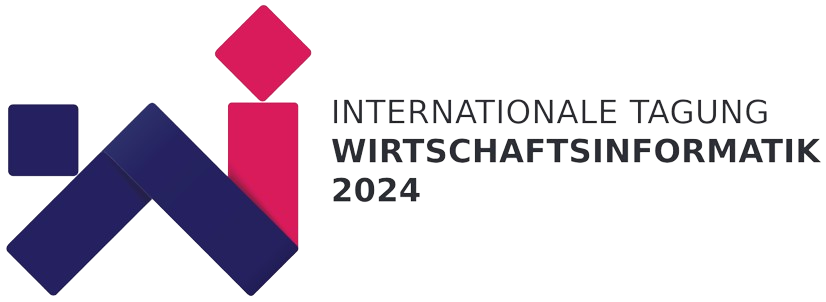Digital Democracy: Information Systems for Social Cohesion and Better Citizen Involvement
The advent of the internet has profoundly connected the world, establishing a digital space that facilitates global communication and networking. While originally envisioned as a resilient decentralized data network for military and later academic purposes, it became an unrestraint space for exchanging tools and information. In the early 2000s more and more services fostered the idea of unlimited social interaction as well as commercial prosperity. As we can observe today, the digital realm has taken a divergent turn. Plenty of research showed that online social networks in particular did not develop the deliberative power that was originally expected from them. In contrary, the escalating prevalence of hate speech and the broad dissemination of disinformation are increasingly evident, putting our democracies under unprecedented pressure.
For populist movements, especially those of the extreme right, online social networks have become powerful instruments of propaganda as well as of self-organization, as witnessed by the attack on the German Bundestag (2020), the storming of the U.S. Capitol (2021), and the attack on the Brazilian seat of government (2023). The contemporary state of our democracies is complexly linked to the dynamics of all kind of digital platforms. Thus, it is crucial to critically examine the mechanisms fueling societal polarization in the digital sphere and explore the reciprocal influence of these polarization tendencies on social realities using the whole span of available IS methods. Digital Democracy is seen here as an umbrella term for studies on the impact of Information Systems in general but digital platforms in particular on democratic societies and ask how can they harm and/or foster social cohesion, contribute to prevent damage to states in crises, and engage citizens to manage their political digital daily routines.
Therefore, the focus is on classical questions of the platform economy, with an emphasis on analyzing and understanding the relationship between design and the social and political impact of the respective artifacts. Hence, it becomes evident that this field clearly being a home in the Information Systems research community having serious and significant intersections with Computer and Communication Science, as well as Social and Political and also Behavioral Science.
To encompass it to the field of Digital Government, Digital Democracy demarks an area where mechanism design as well as user experience (UX) needs to be applied to questions how we can empower citizens for more and better-informed involvement in democratic processes. Institutions in democracies ofen face a problem when it comes to designing meaningful interactions with their citizens. Societal and political participation seems still poorly organized and designed when compared to those commercial platforms use in our everyday life. Therefore, it is crucial to not only analyze the current state, but also to identify and explore digital (platform) alternatives for a more democratic future.
The workshop on Digital Democracy seeks to address key questions such as: What existing IS research endeavors align with this paradigm? What meaningful contributions can Digital Democracy research make to the IS research community and the society at large? How can interdisciplinary research approaches enrich the understanding of Digital Democracy and foster democratic systems – in big and small?
The workshop extends an open invitation to researchers to collaboratively map out a research agenda for this nascent IS field. We encourage the submission of long and short presentations that align with the themes of the workshop, offering insights into works that resonate with the call for participation. Join us in shaping the future of Digital Democracy research – a participatory exploration towards better informed, more democratic and more cohesive societies Possible workshop presentations might include:
- Analyzing the effects of online social networks’ algorithmic biases and mechanisms on social cohesion.
- Investigating strategies for handling misinformation, disinformation and malinformation and fostering trust in the relationship between government entities and the public using digital artifacts.
- Understanding the implications of managing harmful communication, particularly in the context of hate speech on online social networks (ethical assessments as well as innovative mechanisms and artifacts.
- Examining the need for and proposing design principles of new digital platforms that align with democratic values and societal well-being.
- Exploring the implementation and impact of Digital Involvement Projects in shaping political decisions and processes.
- Investigating the extensive influence that major technology corporations wield over both markets and public opinion (e.g. E-Participation)
- Identifying and evaluating the positive contributions of IS towards fostering increased societal participation and inclusive practices.
Submission
Registration
Organisatoren
- Dr. Jonas Fegert, FZI Forschungszentrum Informatik/ Karlsruher Institut für Technologie
- Prof. Dr. Heiko Paulheim, Universität Mannheim
- Prof. Dr. Stefan Stieglitz, Universität Potsdam
- Prof. Dr. Christof Weinhardt, Karlsruher Institut für Technologie
